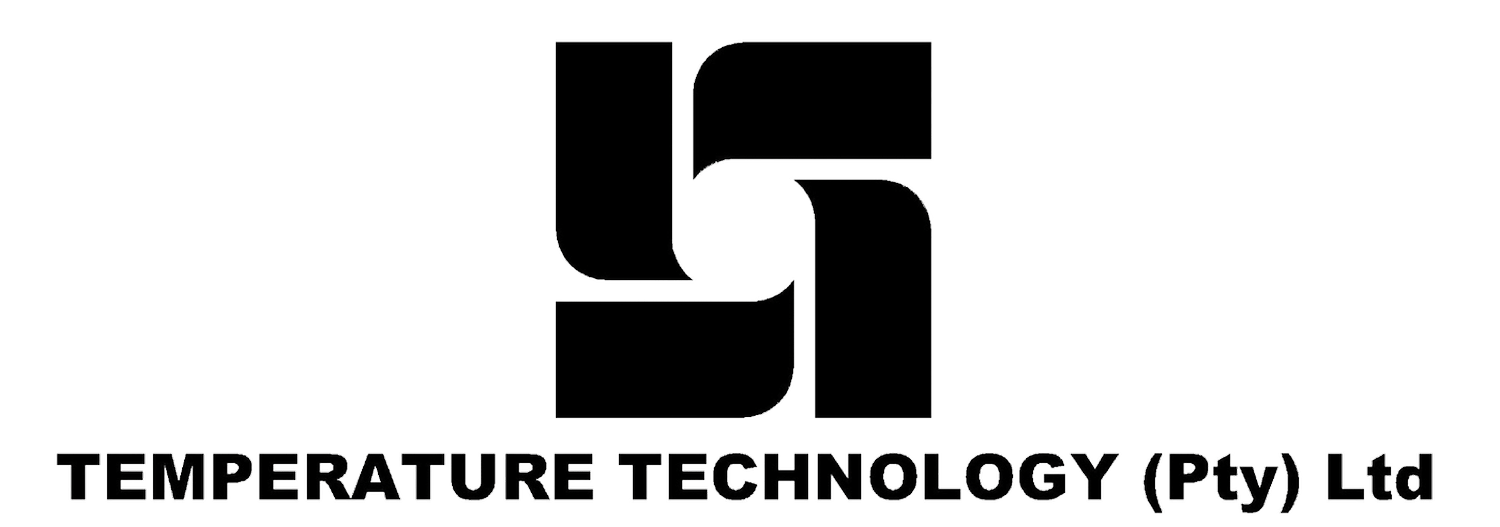Load Shedding and HVAC: Keeping Your Comfort Intact During Power Cuts
Load shedding in South Africa is an undeniable reality. While these power cuts aim to prevent blackouts, they can disrupt the comfort provided by HVAC systems in homes and businesses. The sudden stoppage of cooling or heating systems isn't just an inconvenience but can pose challenges in maintaining a pleasant indoor environment. However, there are strategies that homeowners and businesses can employ to mitigate the effects. Let's delve into how you can ensure your HVAC system stays effective during these power interruptions.
1. Anticipate and Adjust:
Most load shedding schedules are predictable. If you know one's coming, adjust your HVAC system a few degrees cooler or warmer than usual beforehand. This way, your space remains relatively comfortable for a longer duration during the outage.
2. Embrace Energy Efficiency:
An energy-efficient home or business will retain its temperature for a longer period. Consider investing in insulation, weather stripping, and double-glazed windows. Such upgrades help maintain the indoor environment, reducing the need for continuous HVAC operation.
3. Understand Your System's Restart:
Some HVAC systems might have issues restarting post an abrupt power cut. Familiarize yourself with the restart procedures of your unit to ensure a smooth return to operations.
4. Manual Override Know-how:
While many modern systems have automatic resets, it's useful to know how to manually override settings just in case. This way, you can manually set the system back to its optimal functioning once the power returns.
5. Opt for Portable Solutions:
While not a direct solution for HVAC, having portable battery-operated fans or gas heaters on standby can be a lifesaver, providing temporary relief during prolonged outages.
6. Regular Maintenance is Key:
Ensuring that your HVAC system is serviced regularly means it's in top condition and can recover quickly after a power cut. Clean filters, well-maintained parts, and overall system health can make a world of difference in its efficiency and longevity.
7. Protect with Surge Protectors:
When power returns after load shedding, there's a risk of power surges that can damage electronic appliances, including HVAC systems. Invest in quality surge protectors to safeguard your system.
8. Educate & Share:
Stay in touch with neighbors and share information. Collective community measures, like tree planting for shade or shared resources during outages, can ease the discomfort load shedding brings.
Conclusion:
Load shedding might be a hurdle, but with a bit of foresight and preparation, it's one that can be managed effectively. By taking proactive steps and understanding the intricacies of your HVAC system, you can weather the storm of power cuts without sacrificing your comfort. With every challenge, there’s an opportunity to innovate and adapt, and load shedding is no exception. Stay cool, stay warm, and most importantly, stay prepared!
